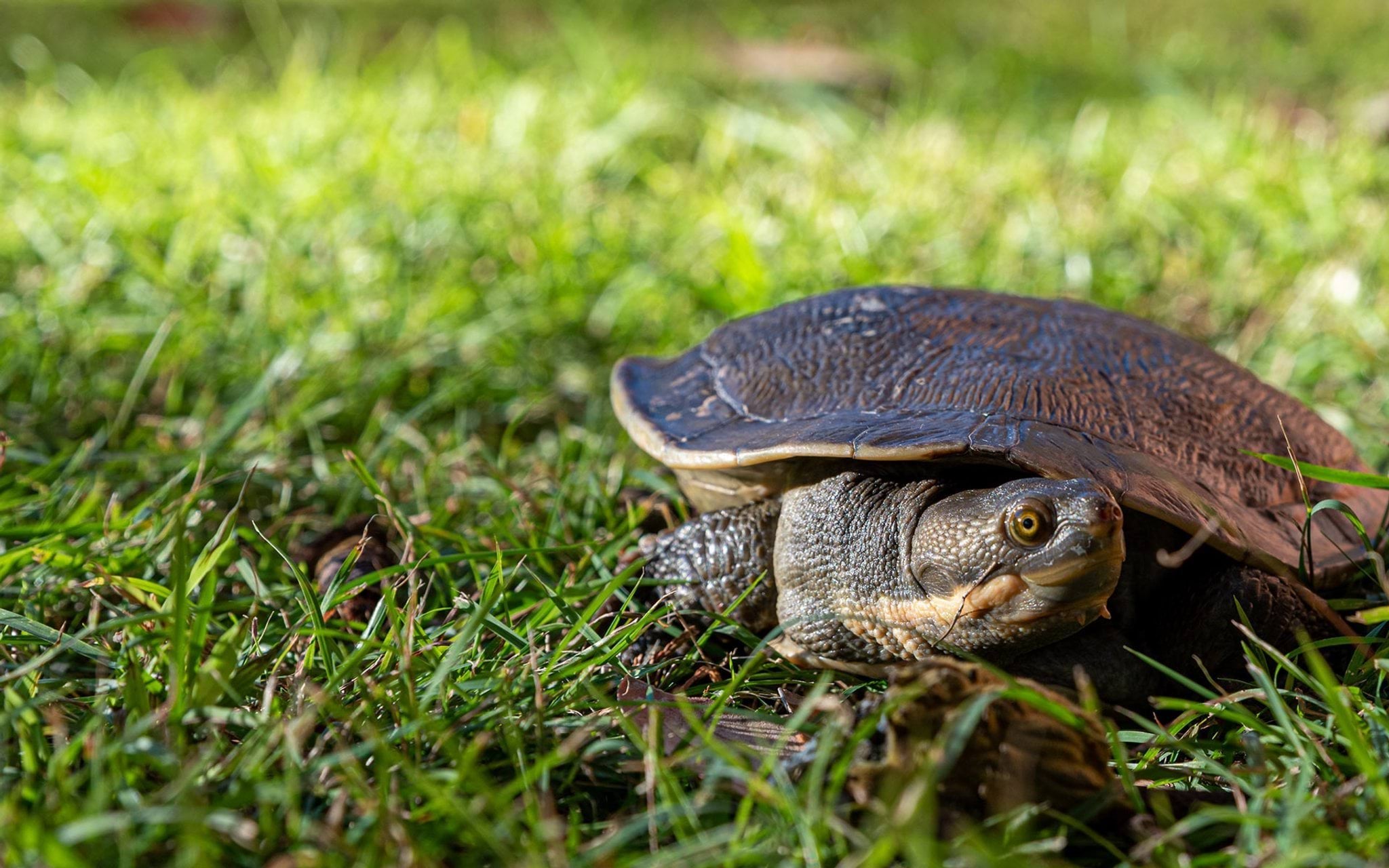All wildlife in Victoria is legally protected. The Conservation Regulator administers licences, permits and authorisations under the Wildlife Act, which allows the holder of a certain licence type to engage in specific activities relating to wildlife that are illegal for non-licence holders. Information about the different types of wildlife licences, and how to apply, can be found on our website.
All wildlife licence types fall into two categories
| Commercial wildlife licence | Commercial licences allow the holder to engage in business activities relating to wildlife. These licences can be issued to a person, corporation, company or other business entity. |
| Private wildlife licence | Private wildlife licences are designed for individuals who want to keep small numbers of wildlife at home. Private wildlife licence holders are not permitted to engage in commercial activities relating to wildlife, and the wildlife must be kept at the address specified in the licence. |
What does reference to the Secretary mean?A Secretary leads a government department, and is granted powers under different legislation, including Acts and regulations. Throughout this guide, the legislation refers to the Secretary in relation to licences. The Secretary in this circumstances is the Secretary of the Department of Energy, Environment and Climate Action (DEECA). The Secretary has the discretion to delegate powers they hold in legislation to other persons within their government department, which allows other people to also exercise these powers – without preventing the Secretary doing so when required. The Secretary has delegated powers under the Wildlife Act 1975 in regard to licences to the Conservation Regulator, so guidance throughout this document will refer to the Conservation Regulator as the decision maker for these powers. Similarly, references to the Secretary in legislation quoted in this document can be taken as references to the Conservation Regulator. |
Wildlife conditions that may be attached to a wildlife licence
There are two sets of conditions that may be attached to a wildlife licence:
- Conditions that are stipulated in the Wildlife Regulations. The Wildlife Regulations state who those conditions apply to, and that ranges from all wildlife licence holders to all private wildlife licence holders.
- Additional conditions that are applied by the Conservation Regulator that are needed to further protect animal welfare, biodiversity, public safety, or to ensure that the regulator can perform its role effectively. The power for the Conservation Regulator to apply these conditions is provided in Section 22(3)(b)(ii) of the Wildlife Act.
What a private wildlife licence allows you to do
Private wildlife licences allow a person to:
- Possess and keep certain species of wildlife at the premises specified in the licence.
- Breed, acquire, buy, sell or dispose of any wildlife legally held under the licence. Any transaction must occur with another licensed person.
Please note that the Conservation Regulator may apply additional conditions to your licence that restrict the above entitlements, in accordance with section 22(3)(b) of the Wildlife Act.
Wildlife held under a private licence can only be kept at the address specified on the licence, which must be the residential address where the licence holder lives. Wildlife in captivity must be housed in enclosures that meet their behavioural and physiological needs, and appropriately cared for.
By following the licence conditions, wildlife basic and advanced licence holders can have rewarding personal relationships with wildlife while ensuring animal welfare.
What you cannot do under a private wildlife licence
A wildlife basic and advanced licence holder cannot:
- Possess wildlife not listed under the relevant schedules.
- Display wildlife to the public or allow unauthorised access to wildlife.
- Keep, breed, buy, or sell wildlife for commercial purposes.
- Take, keep, possess or trade wildlife at a location other than the premises specified in the licence for any reason other than:
- Taking it to a registered vet for treatment.
- Participating in a transaction with another licence holder at the specified premises of either of the licence holders entering into the transaction.
- Participating in an approved wildlife event.
- Take wildlife from the wild or keep wildlife taken from the wild, which is illegal. If you find injured or orphaned wildlife, please contact an authorised wildlife rehabilitator. If you are not sure who is authorised in your area, visit Help for injured wildlife or call us.
- Visit Help for injured wildlife
- Call DEECA Customer Contact Centre 136 186
What is considered commercial activity under a wildlife licence?Commercial purposes in the context of a private licence means providing a service or undertaking any activity that has an associated transaction to the financial benefit of the licence holder. This generally means monetary payment being provided for an activity but may encompass a transaction that provides of goods or services. For example, receiving money, products such as food or equipment, vouchers for free or discounted services, or other benefits in exchange for an activity would be considered a commercial transaction, depending on the circumstances. If you are unsure whether a transaction would be considered commercial in nature, you can contact the Conservation Regulator for guidance specific to your circumstances by phone or email.
|
Updated
